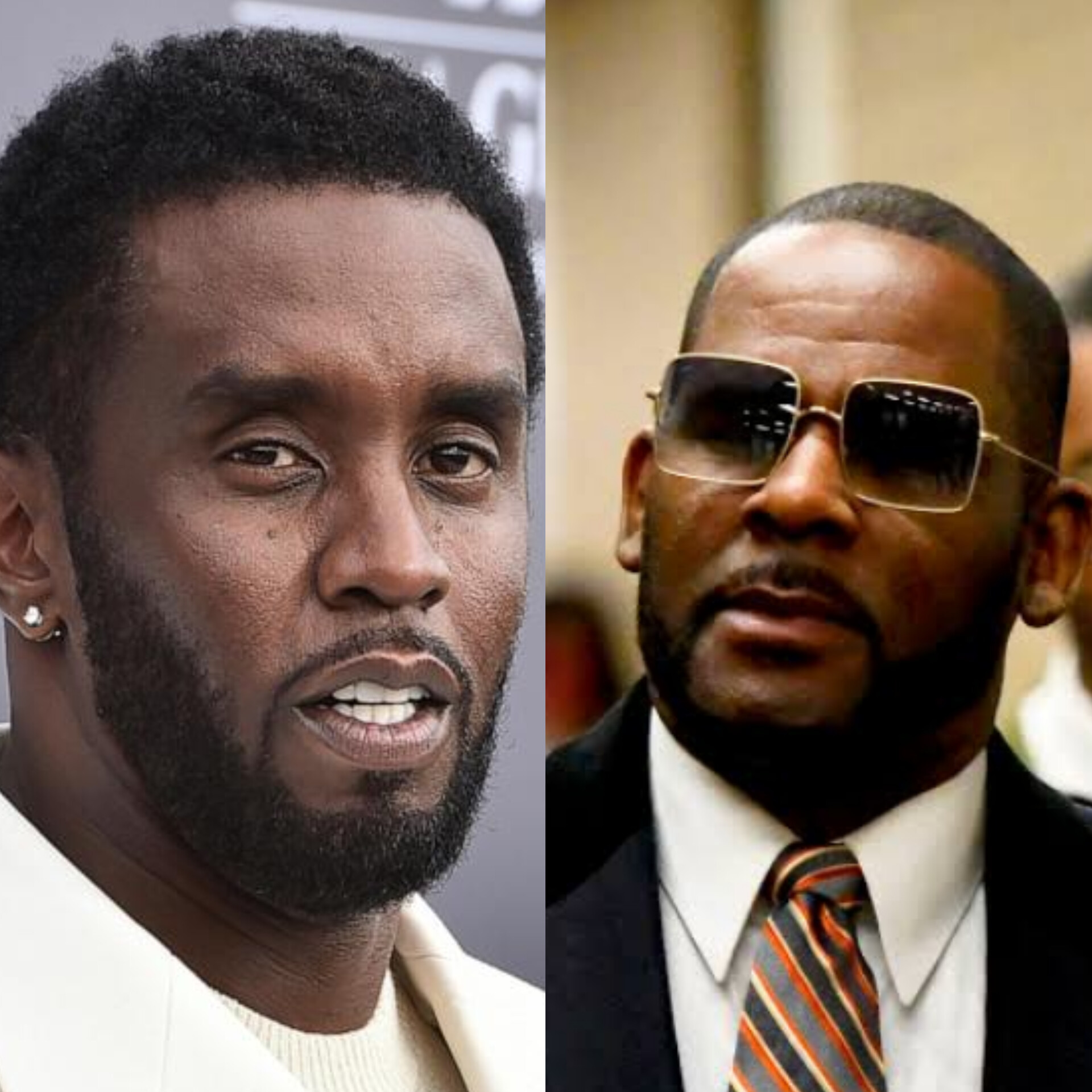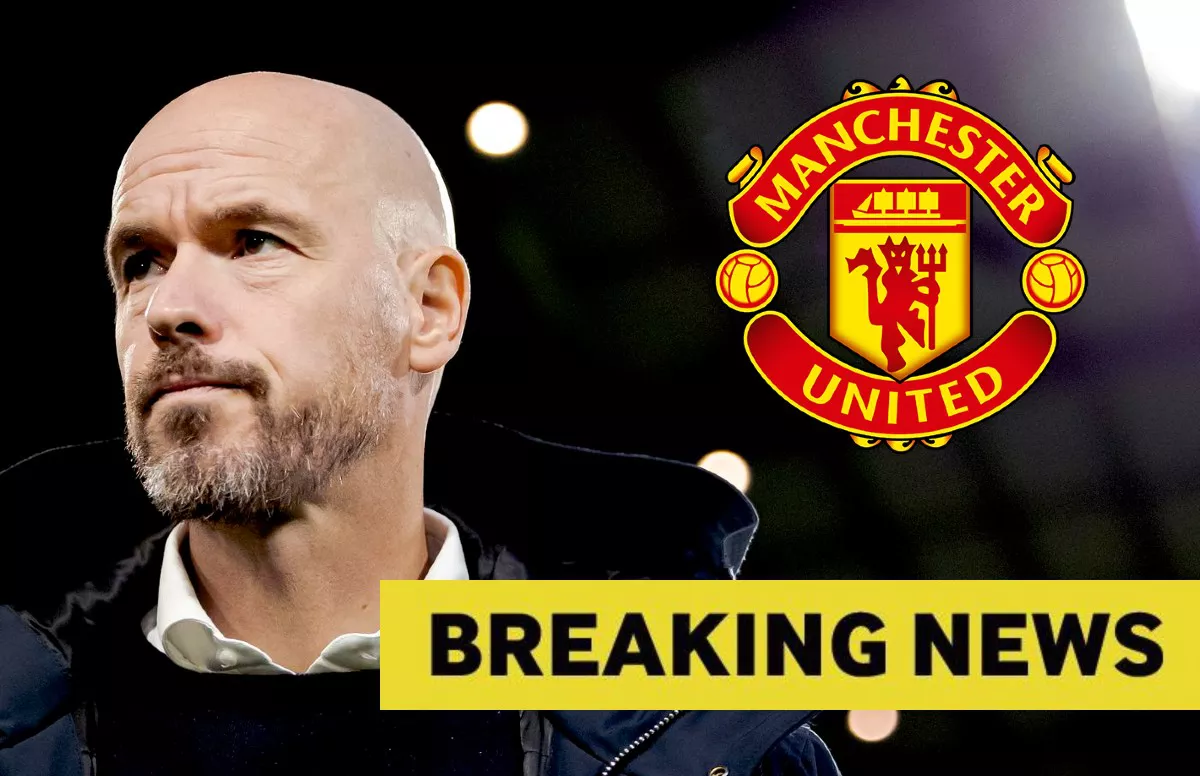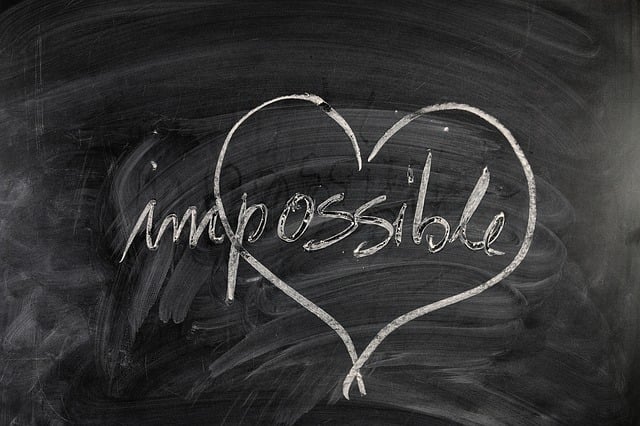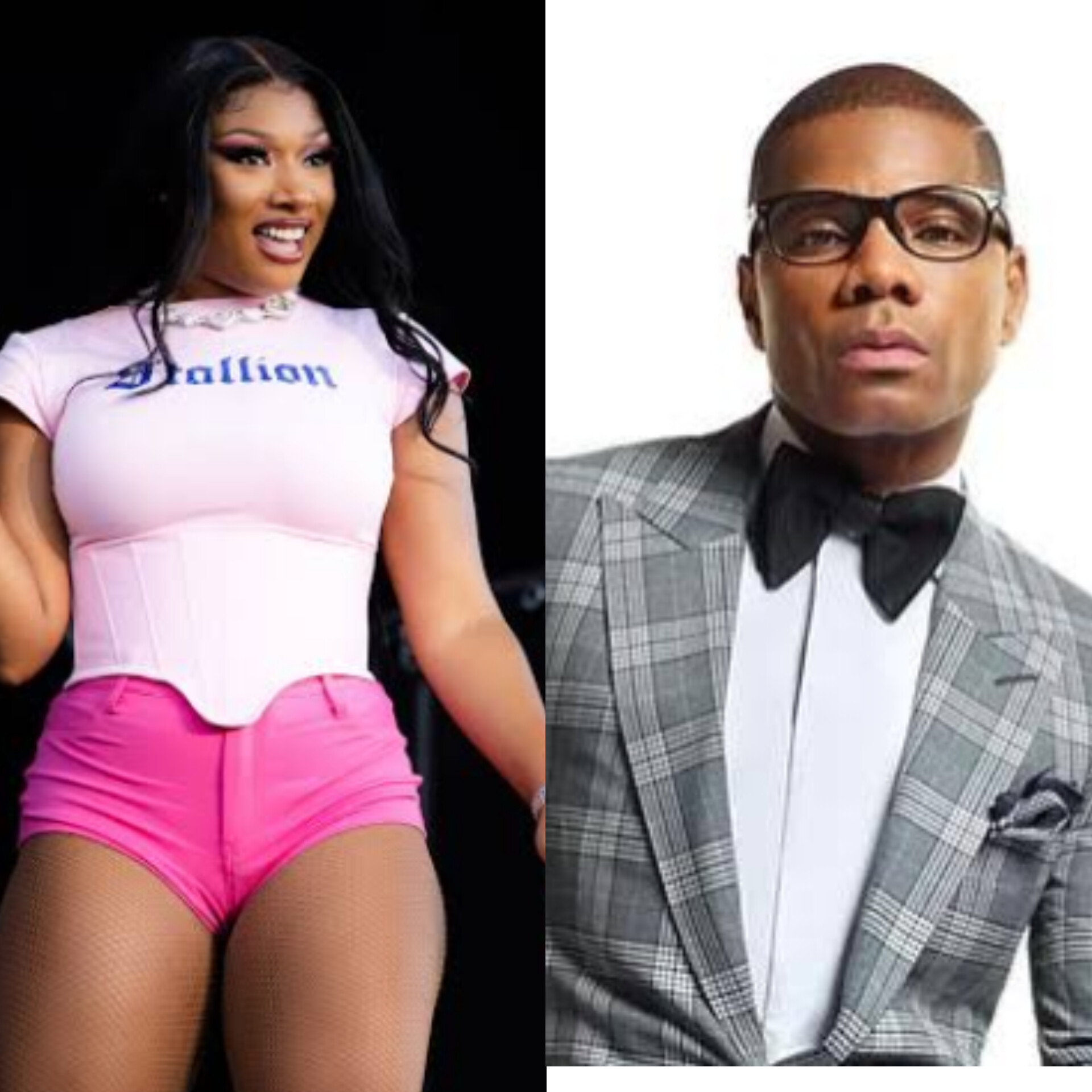By Fasuyi Tolulope Samuel
The cases of Sean “Diddy” Combs and R. Kelly serve as stark reminders of how wealth, fame, and unchecked power can be manipulated to create a dangerous sense of invincibility.
These high-profile figures, adored by millions, particularly women, are now facing serious charges that expose a pattern of exploitative behavior hidden beneath their celebrity status.
The question that lingers is why individuals with so much influence feel compelled to indulge in such destructive actions, risking not only their careers but also their legacies.
The parallels between Combs and Kelly are hard to ignore. Both have been charged with serious sexual crimes involving abuse, coercion, and manipulation. Kelly, who is serving a 30-year sentence, was convicted of using his fame and resources to run a criminal enterprise that facilitated sexual abuse, often involving minors.
Read: Should Women Guilty of Paternity Fraud Face Jail Time?
Combs, on the other hand, has been accused of leading “freak offs”—drug-fueled, orchestrated sexual performances where he allegedly abused, coerced, and even recorded women as part of a larger racketeering scheme.
While Kelly’s charges included sex with minors, Combs’ victims, so far, have been adults, but the nature of their abuse paints a similar picture of control and exploitation.
Why do powerful men like these, with more opportunities for consensual relationships than most, resort to such predatory behavior? Part of the answer may lie in their power dynamics. Both Combs and Kelly used their empires—complete with employees, managers, and entourages—to facilitate and conceal their actions.
The allegations suggest these celebrities not only abused women but manipulated the structures around them to protect their actions. Racketeering charges, typically used against organized crime, were applied to their cases because their fame allowed them to create a system that enabled continuous abuse.
One cannot overlook the cultural factors at play. Combs, like Kelly, has loyal fans, some of whom believe these accusations are part of a broader conspiracy to bring down successful Black men.
While racial biases in the legal system are real, these cases reflect deeper issues of accountability, where wealth and fame have shielded individuals from facing consequences for years.
Ultimately, the fall of such icons raises important questions about the toxic intersections of power, privilege, and exploitation.
Why do men in these positions push the limits of their influence to the point of criminality, jeopardizing everything they’ve built? The answer may lie in the illusion of invulnerability that comes with fame.
But as these cases show, no amount of power can protect someone forever when their actions cross the line of basic human decency.






















